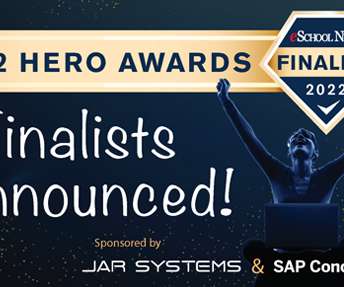Profile of Asbury Park (NJ) Superintendent Sancha Gray
techlearning
OCTOBER 25, 2018
Sancha Gray, Asbury Park (NJ) School Superintendent “We service 2,000 students—the majority qualify for free or reduced lunch. A second prong of individualized direct instruction, informed by the data provided from those “games,” was rounded out by a third rotation—reading books of their choosing at their level. TECH USED ?















Let's personalize your content